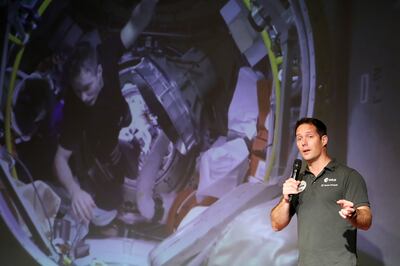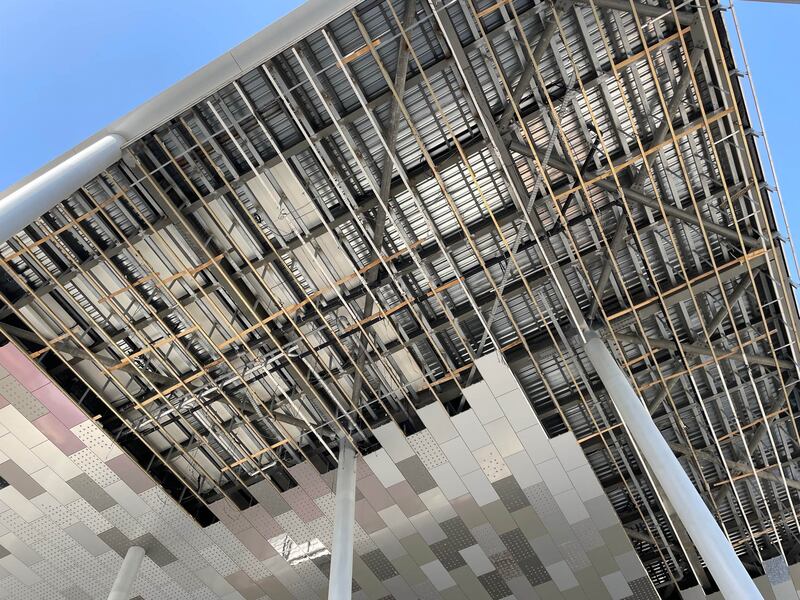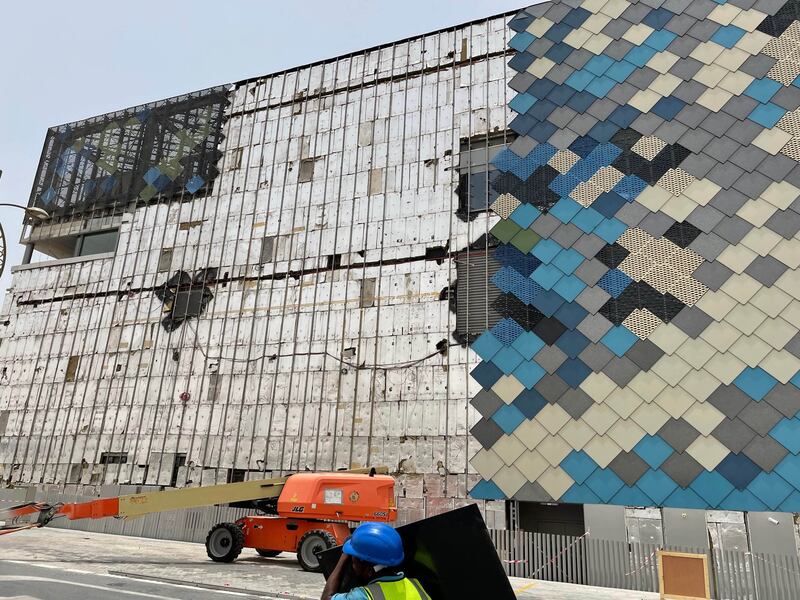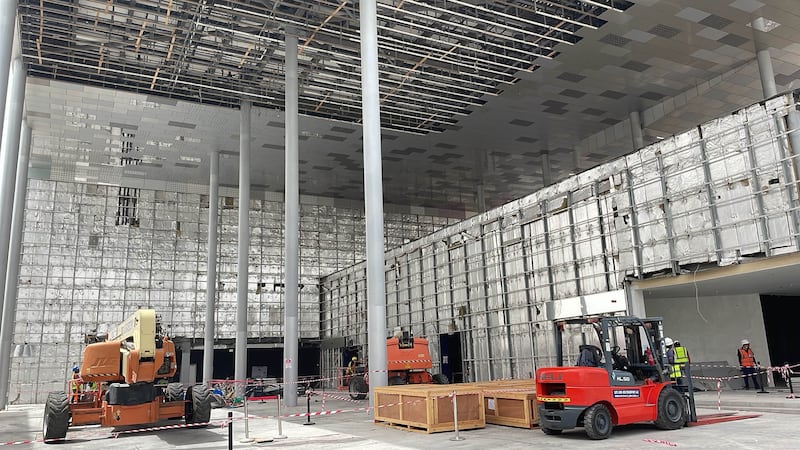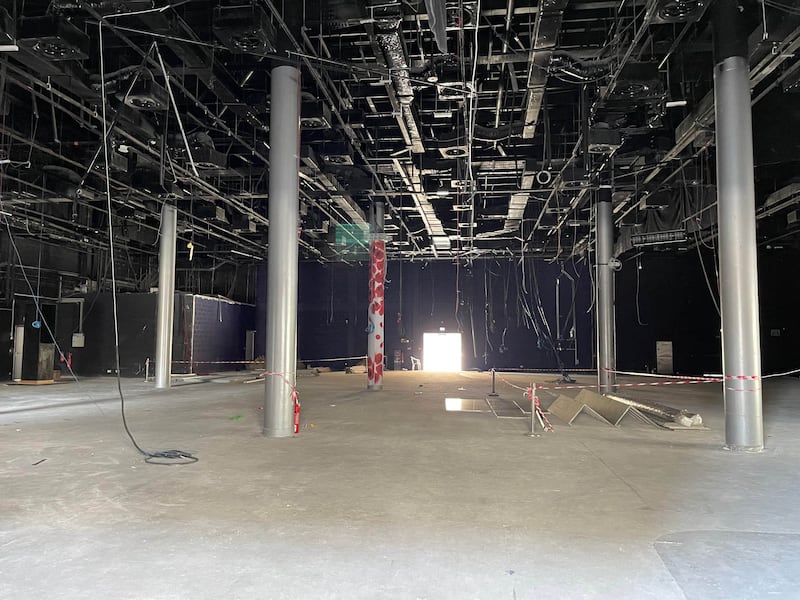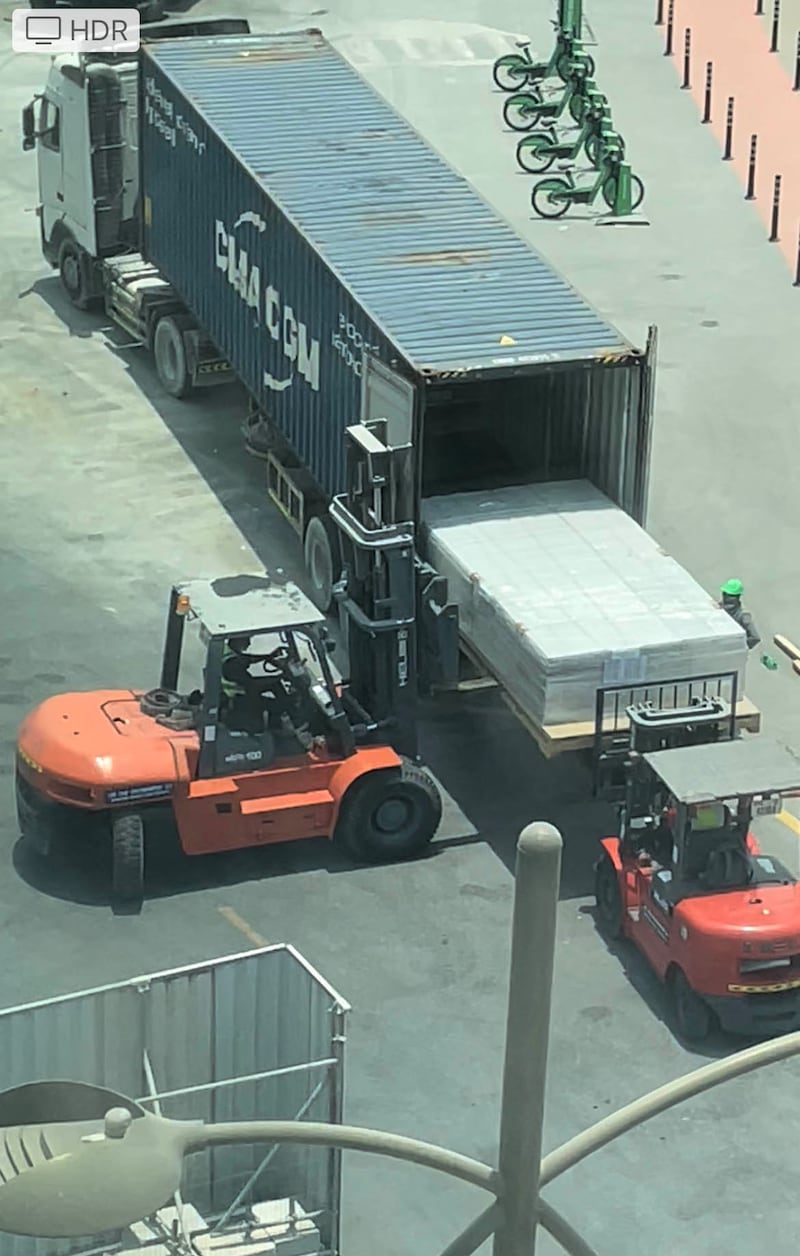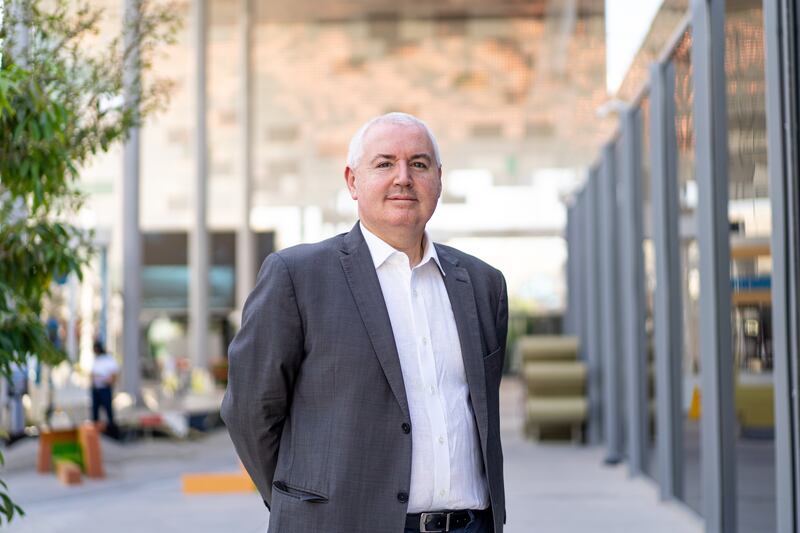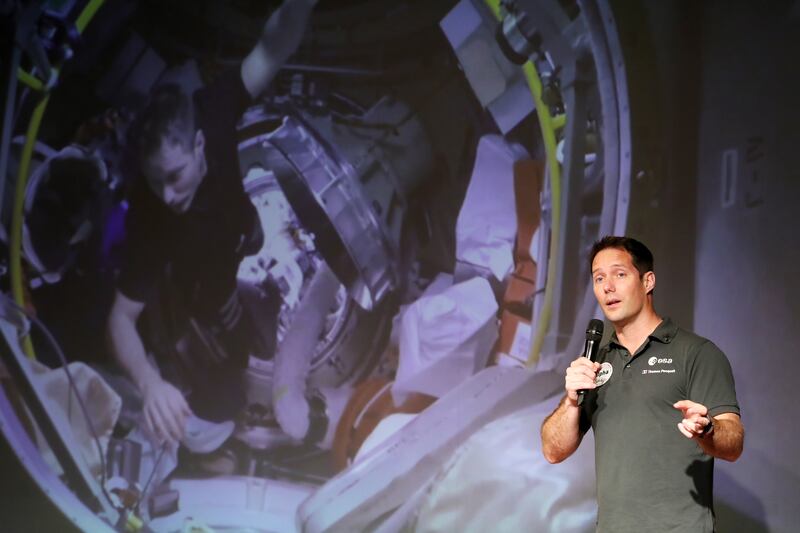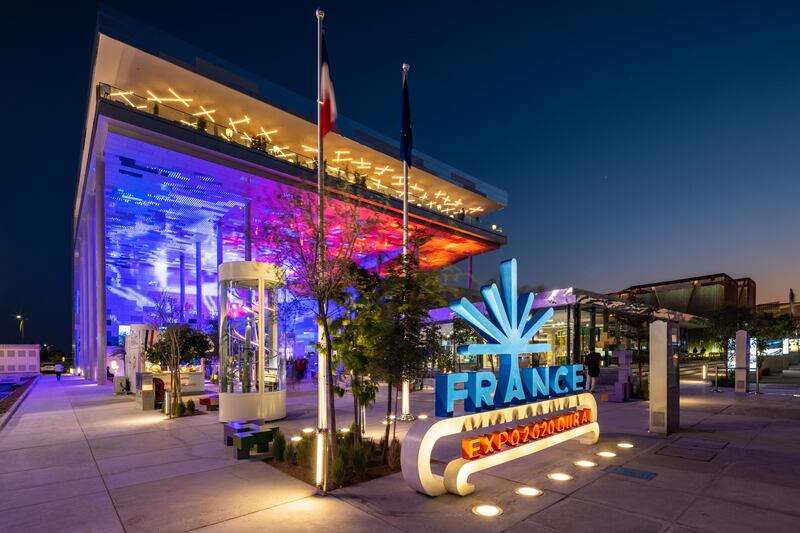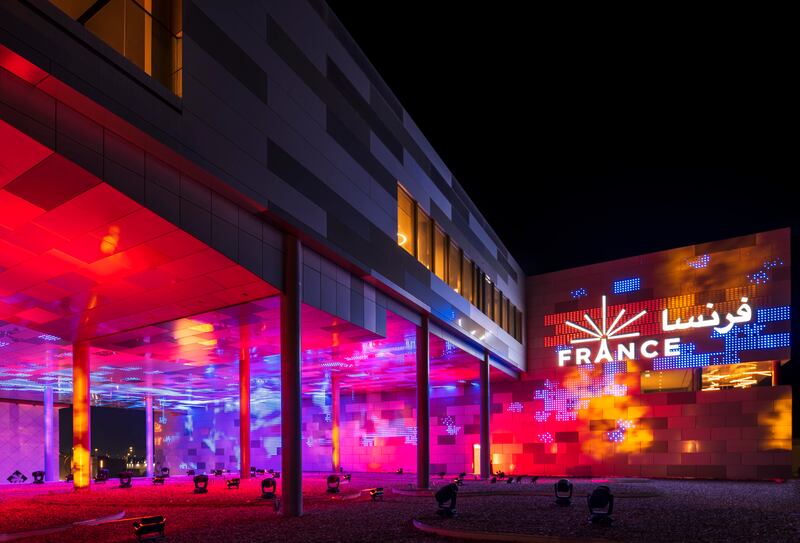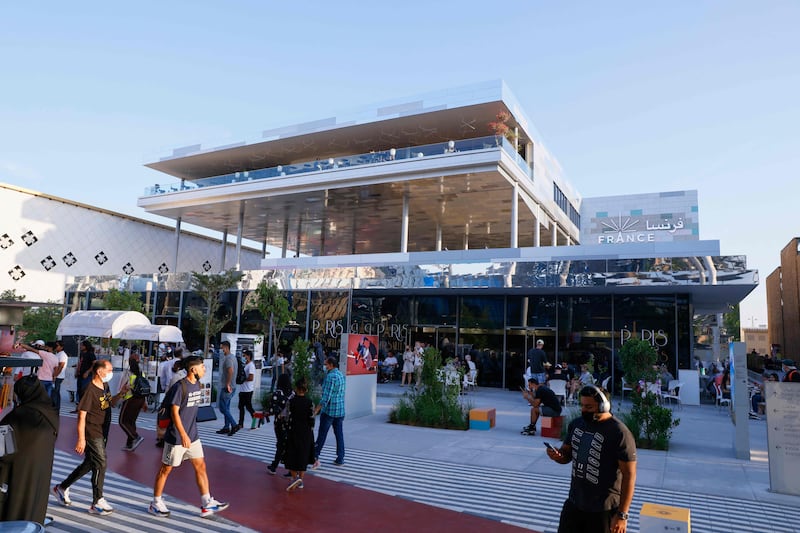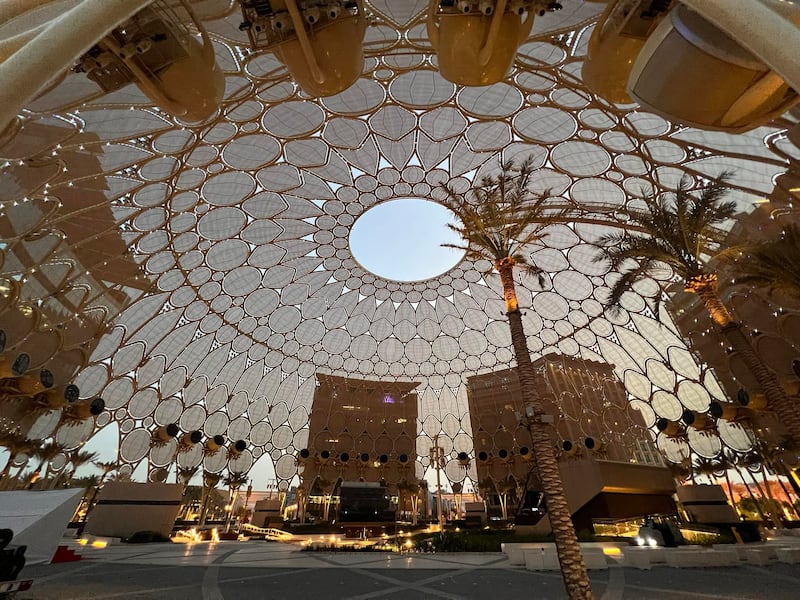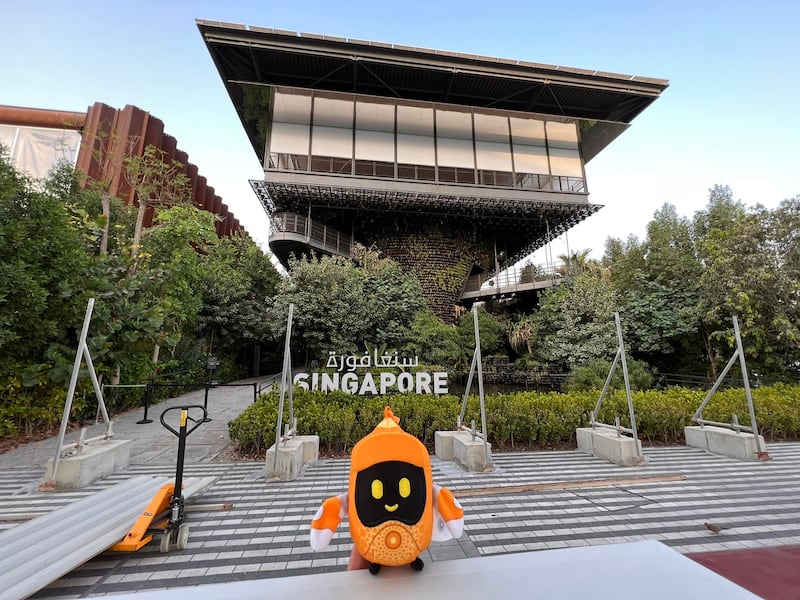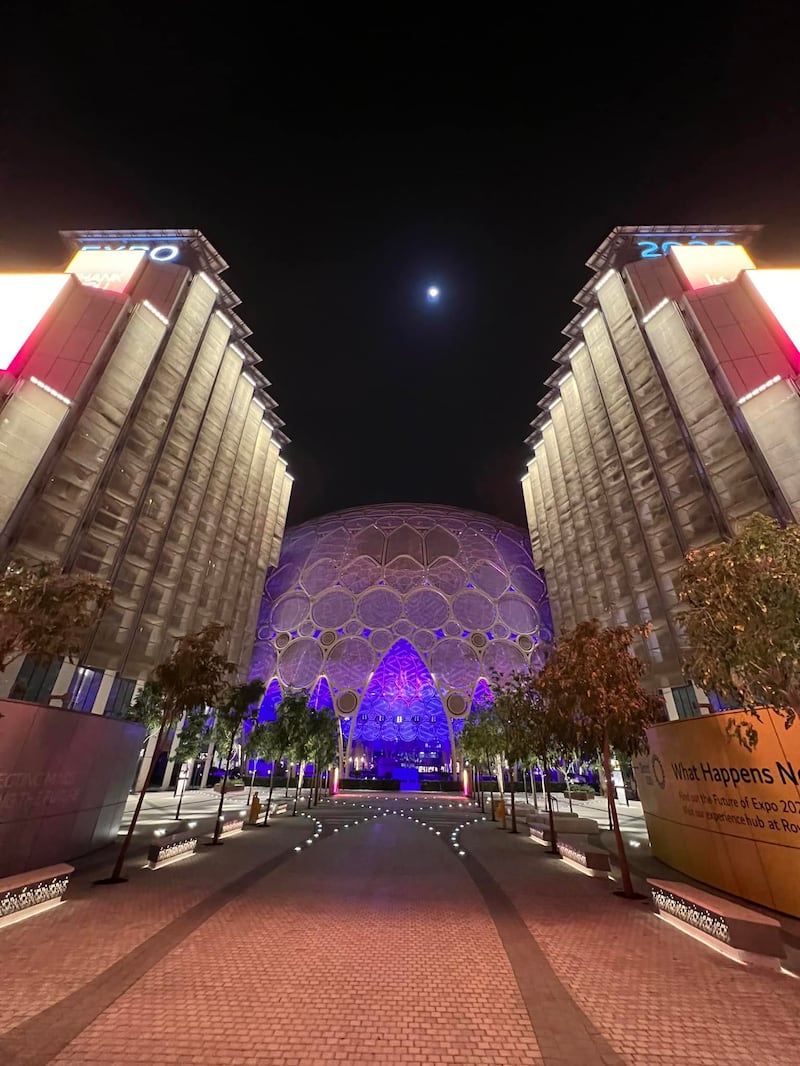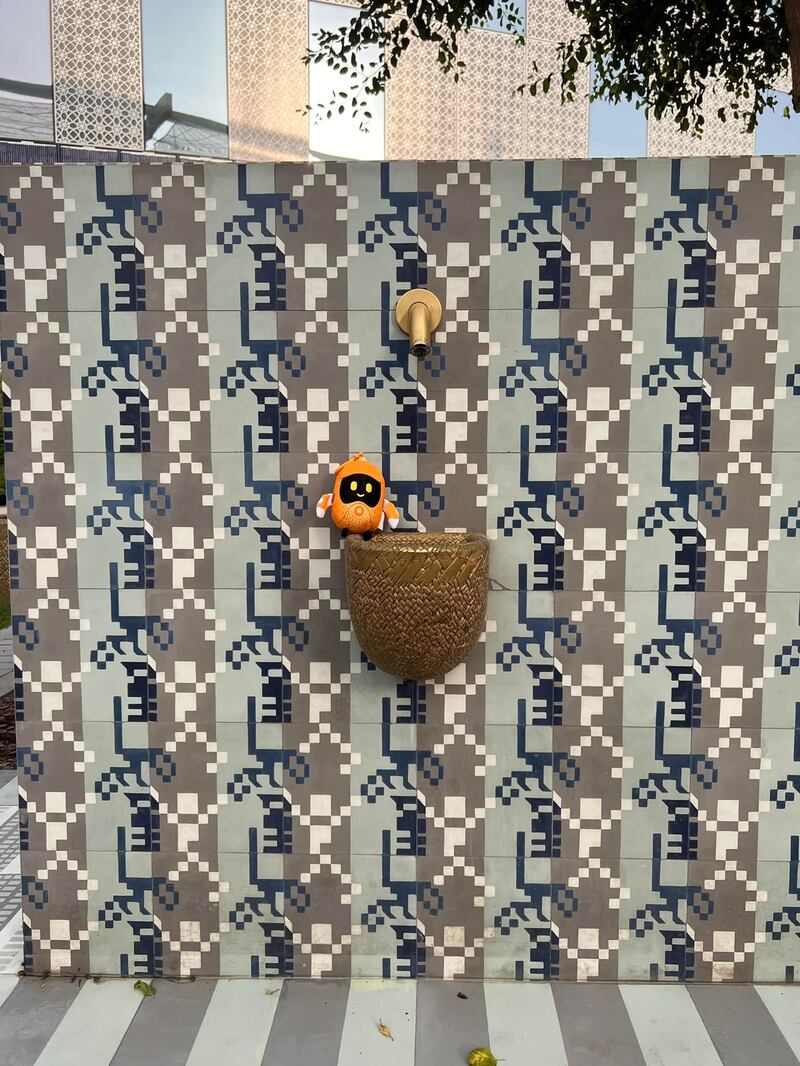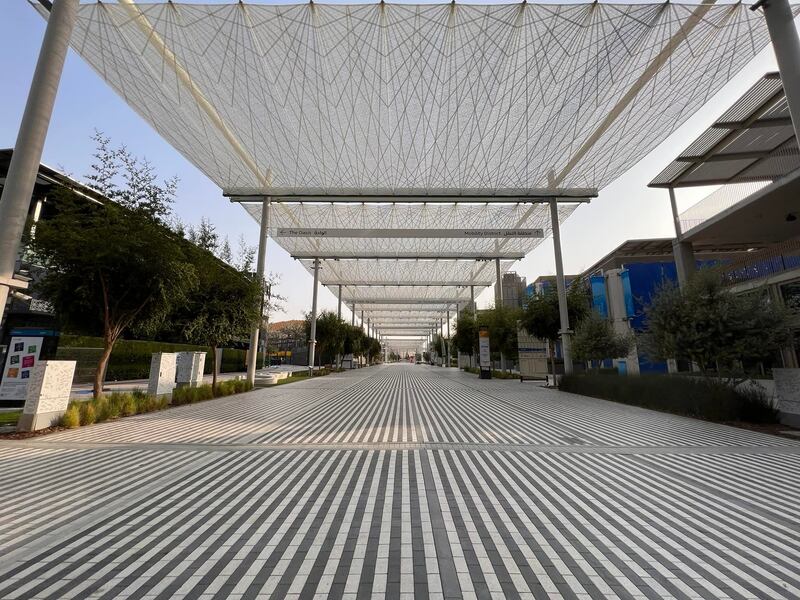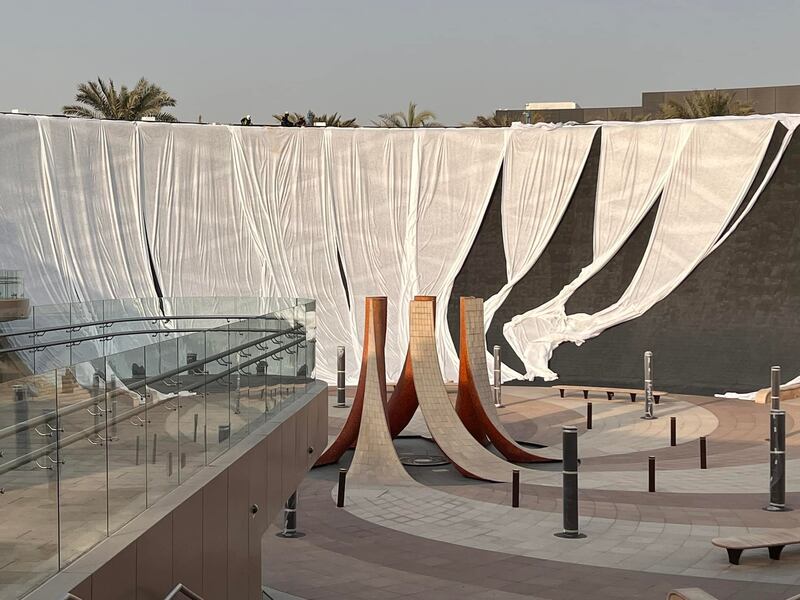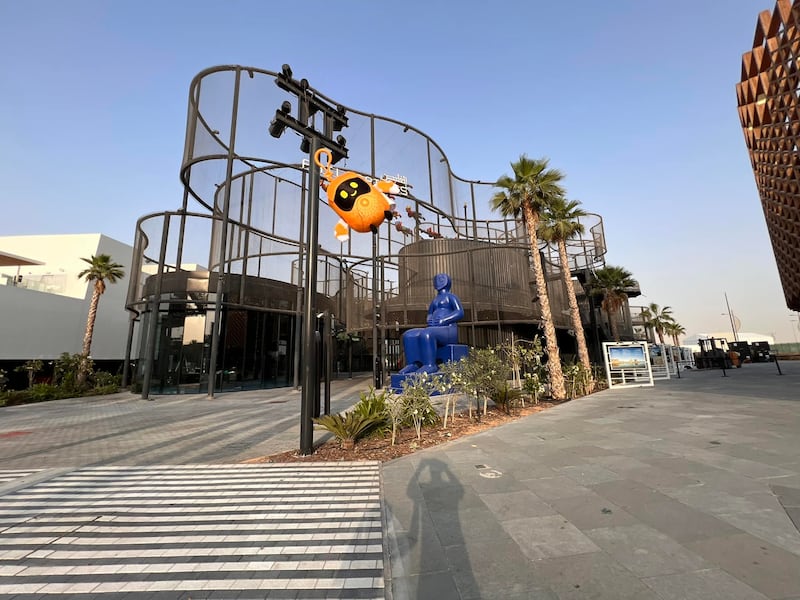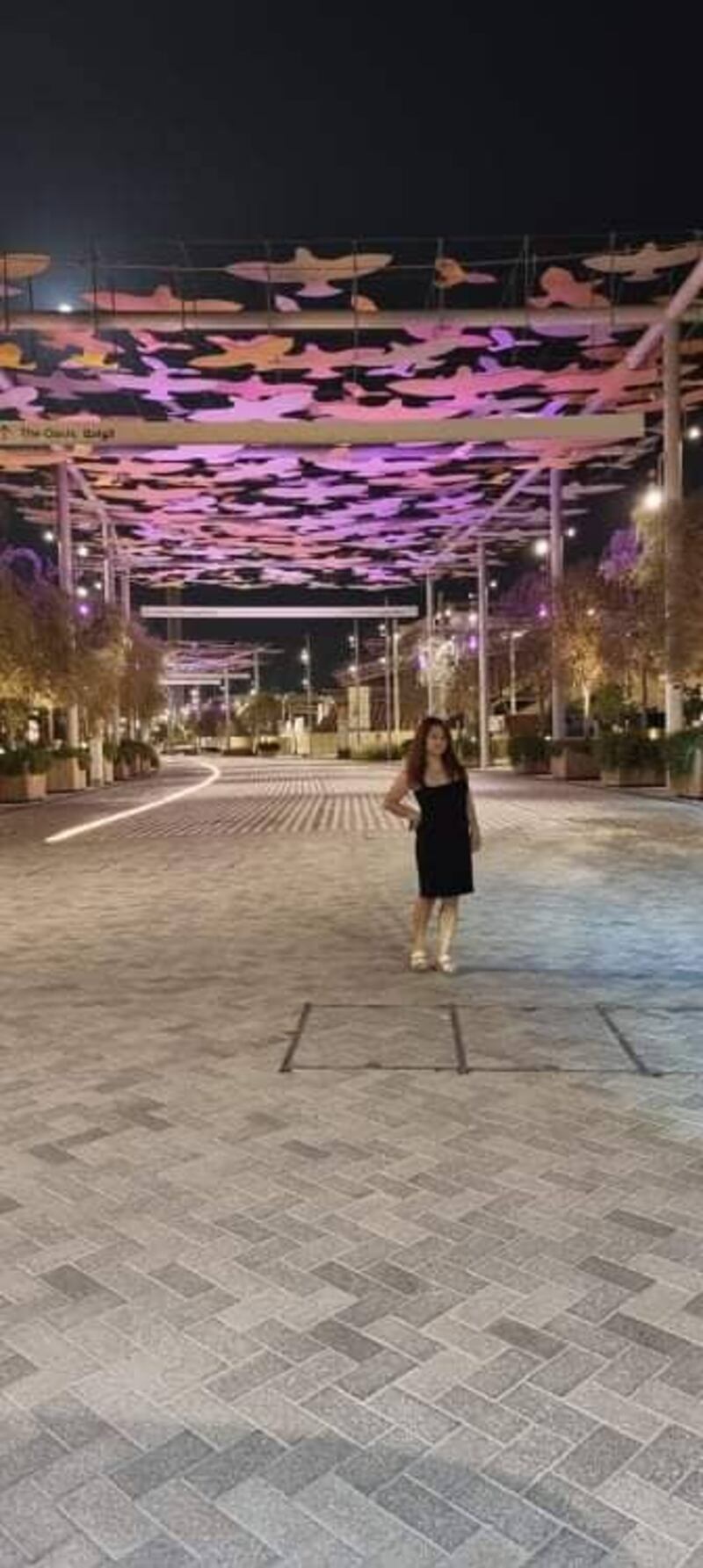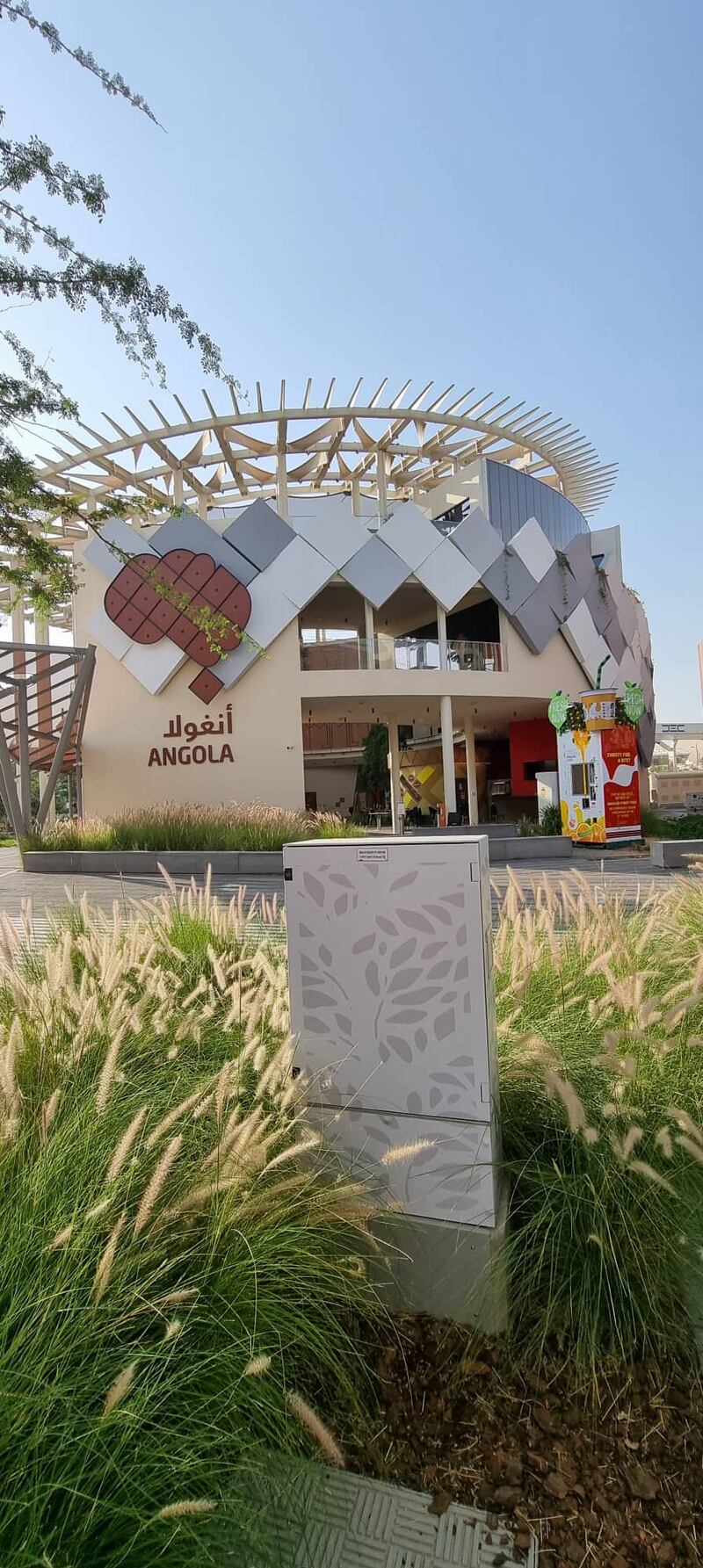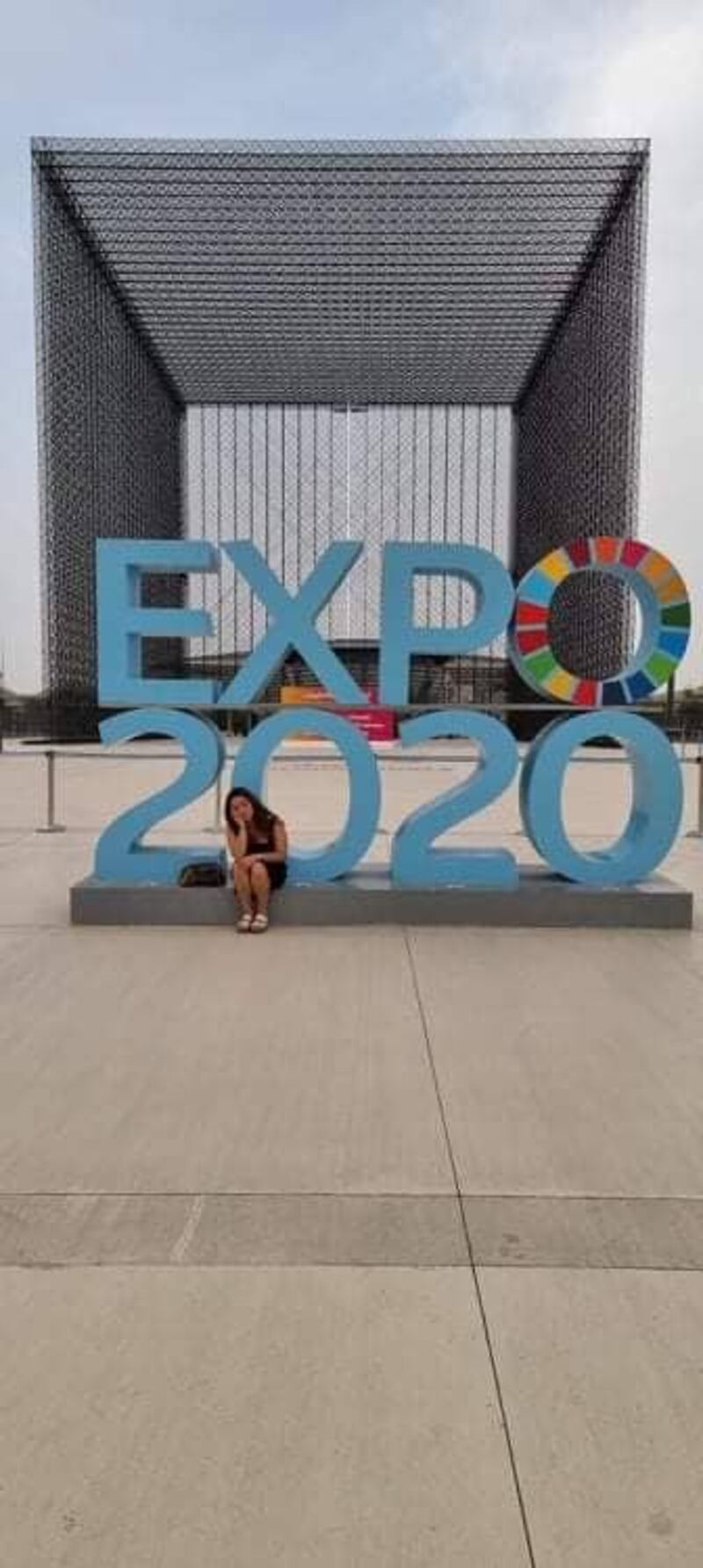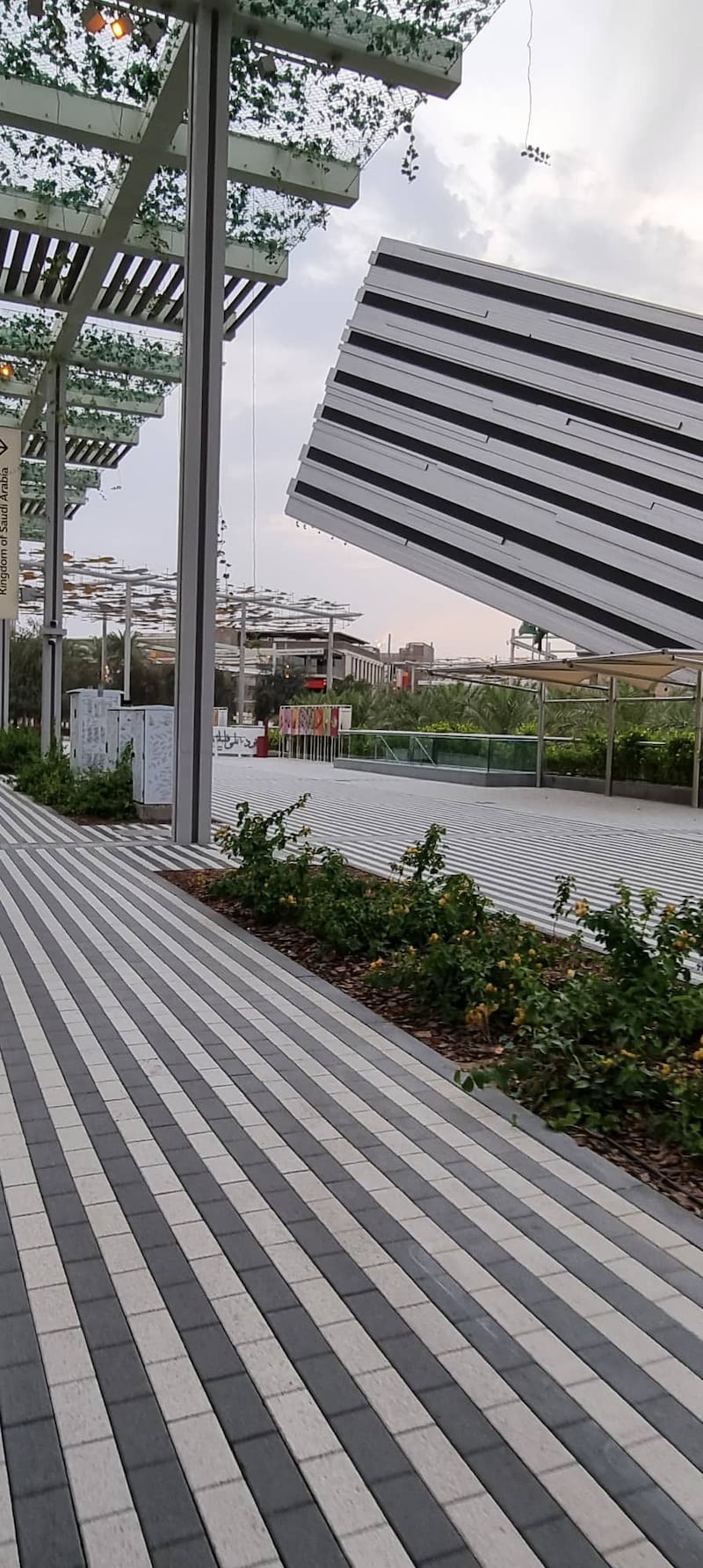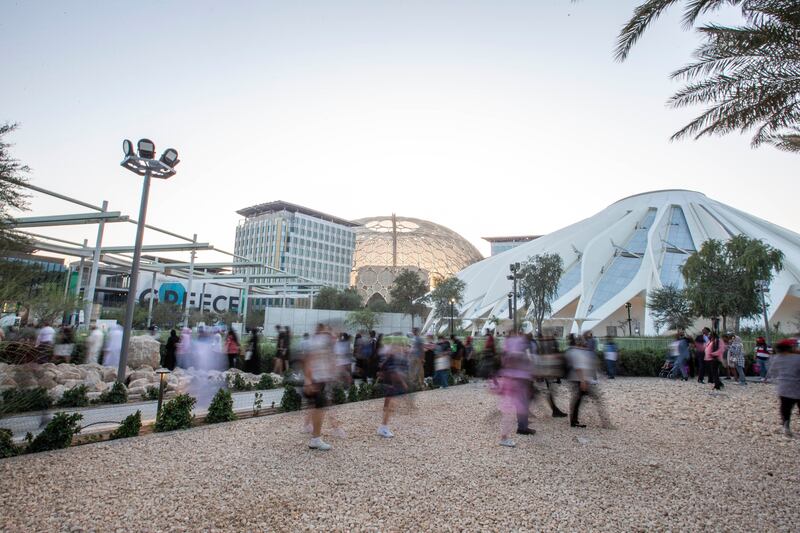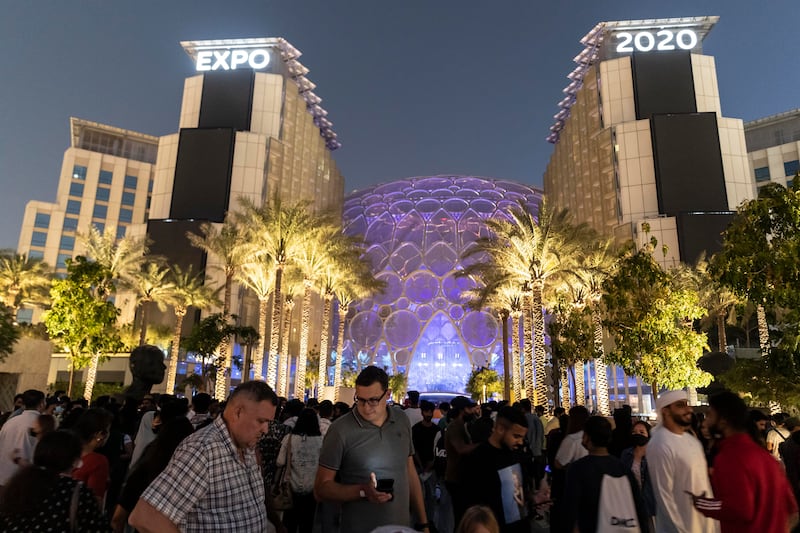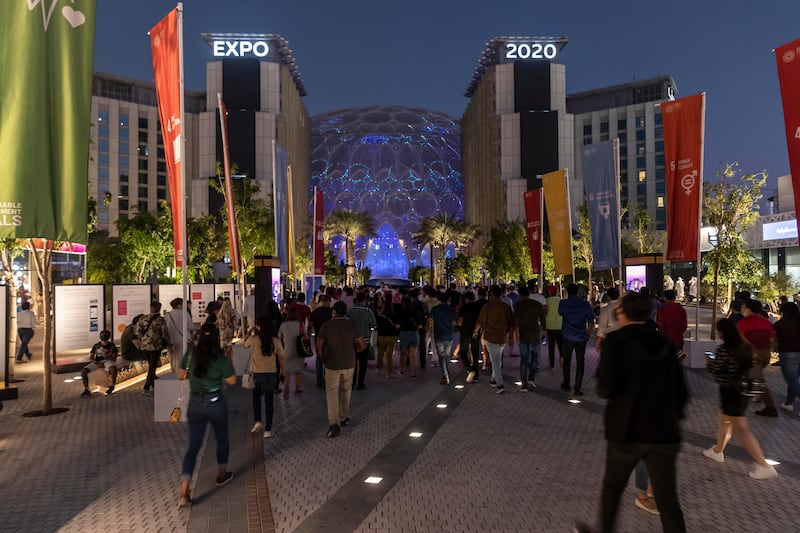France's Expo 2020 Dubai pavilion is being dismantled and shipments have started to take the structure to the south of France where it will be rebuilt.
The popular Pavilion of Lights attracted crowds in the mobility section during the six-month expo that ended in March.
Thousands of solar tiles covered the front of the pavilion that drew inspiration from Claude Monet’s famed Water Lilies series of oil paintings.
“It will be used by the French Space Agency and they have decided to rebuild it on their campus in Toulouse,” Erik Linquier, commissioner general for France at Expo 2020 Dubai, told The National.
“It will welcome official delegations and they need also a training facility for the agency staff.”
The outer structure will remain the same as the pavilion in Dubai when it is rebuilt in Toulouse in November.
The interior will be refitted with plans for a training centre and a welcome area for dignitaries.
Firework of lights
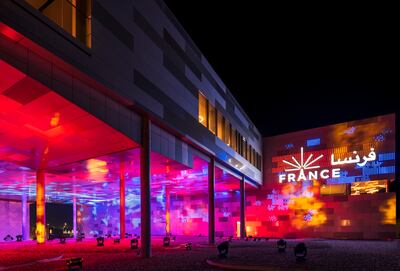
In Dubai, visitors were fascinated by a firework of lights that darted across the ceiling.
Thousands of low-consumption LED bulbs doubled as an artificial sky. As visitors walked below, this canopy constantly lit up with bursts of changing lights.
Adaptability and the striking design were among reasons that guided the decision.
“The building was designed from the beginning as very versatile,” said Mr Linquier, also chief executive of Cofrex, a firm that prepares, implements and oversees France’s participation in international exhibitions.
“That is important because you remember some pavilions at Expo were gorgeous but really can’t be reused for a different purpose than being an Expo pavilion.
“And clearly the ‘enlightenment’ theme, the reference to Monet and impressionism on the tiles are important to the agency.”
A building with Expo history
Mr Linquier said the memory of Dubai Expo was the emotional connect.
The first world’s fair in the Middle East and North Africa region drew millions of visitors from across the world amid the Covid-19 pandemic.
The French Space Agency was a strong participant at the Dubai expo, with a visit by French astronaut Thomas Pesquet, special events on space exploration and interactive displays to show how cutting-edge technologies would allow life on Mars.
“This building already has a history,” he said.
“It’s not a building among hundreds of buildings. It is the building coming from Expo 2020 and clearly it’s important to have such building on the campus.”
Built with sustainable materials, the pavilion cost the French government €15 million to construct.
Solar tiles harnessed sunlight to produce photoelectric energy and the insulated shell shielded visitors from the sun.
Energy efficiency was another key element.
“During the Expo, we produced around 70 per cent of the energy necessary for operating the pavilion,” Mr Linquier said.
“Considering the climate in Toulouse is so different from the UAE, we believe the energy production by the pv (photovoltaic) tiles will cover more than the energy needs of the pavilion.”
Dismantling is well under way in Dubai and the first containers were shipped to France last week.
The steel façade will be dismantled from July and the new pavilion will be ready by mid-2024.
Each portion of the pavilion is being recycled or reused.
While the steel façade, glass and tiles are being shipped to France, the concrete and air conditioning units will be used in construction projects in the UAE.
“For financial and environmental reasons, this makes sense,” Mr Linquier said.
"Rebuilding gives it a long second life. This building will probably still be in place in Toulouse in 30, 40 or 50 years time.”
